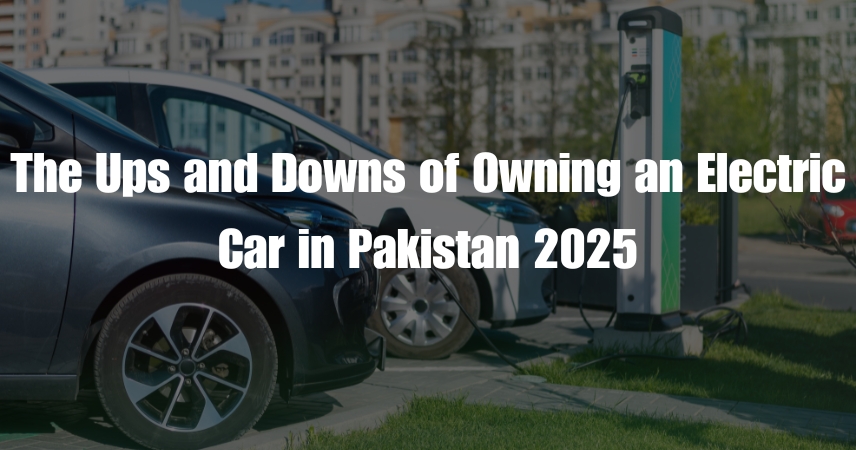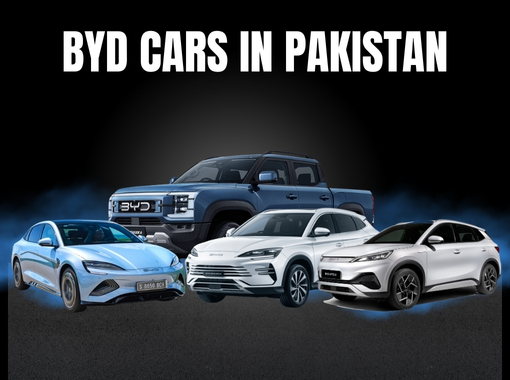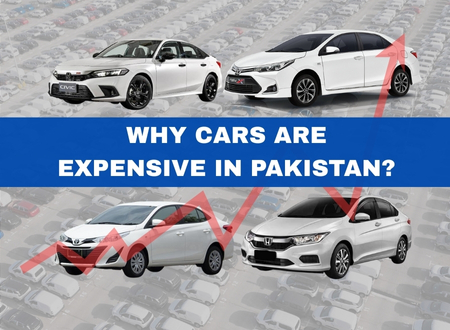
As global trends shift toward sustainable mobility, electric vehicles (EVs) are becoming more visible on Pakistan’s roads. With brands like MG, DFSK, and Audi introducing electric models, interest in EVs is growing steadily. Could 2025 be the turning point for embracing electric vehicles in Pakistan?
Here’s a breakdown of the pros and cons of owning an EV in 2025, so you can make an informed decision.
Pros of Buying an Electric Car in Pakistan
1.Lower Running Costs
EVs cost significantly less to run than petrol or diesel cars. Charging your car at home is far economical than filling a tank. With fuel prices at all-time highs in Pakistan, this alone can lead to major long-term savings.
2. Eco-Friendly and Sustainable
Electric vehicles produce zero tailpipe emissions, making them far more environmentally friendly. In cities like Lahore and Karachi, where smog and air pollution are serious issues, EVs offer a cleaner alternative.
3. Minimal Maintenance
EVs have fewer moving parts—no engine oil, spark plugs, or exhaust systems—resulting in lower maintenance costs and fewer visits to the mechanic.
4. Smooth and Silent Driving Experience
Electric cars offer instant torque, meaning quick acceleration and a smooth drive. Add to that the silent motor, and your daily commute feels far more comfortable and futuristic.
5. Government Incentives
The Pakistani government has introduced incentives like reduced customs duties, tax breaks, and registration fee waivers for EVs. These policies are helping lower the cost of entry into the electric market.
Cons of Buying an Electric Car in Pakistan
1. Limited Charging Infrastructure
The biggest drawback is the lack of public charging stations. Although EV sales are on the rise, the charging infrastructure remains underdeveloped. For now, home charging is the most practical solution in many cities.
2. High Initial Cost
Despite long-term savings, EVs often have a higher upfront cost than comparable petrol cars. Imported models like the MG ZS EV or Audi e-tron can be expensive due to taxes and duties.
3. Battery Replacement Concerns
Batteries degrade over time. Although most EV batteries last several years, replacement costs can be steep—and local availability is still limited.
4. Lack of Trained Technicians
Finding qualified EV mechanics is a challenge in many parts of Pakistan. If something goes wrong, your local workshop may not be equipped to handle repairs.
5. Limited Model Availability
Unlike petrol cars, the variety of EVs in Pakistan is still limited. Consumers have only a handful of options in different price segments.
Final Thoughts
Electric cars are the future, and in many ways, they’re already making sense in Pakistan. But the country’s infrastructure and awareness still have some catching up to do. If you have home charging access and drive mostly in the city, an EV might be a smart choice in 2025. However, if you rely on long-distance travel or lack a reliable charging setup, it may be worth waiting a little longer. At Garibaaz, we believe staying informed is key—so keep following us for the latest updates, reviews, and real talk on the EV scene in Pakistan.


